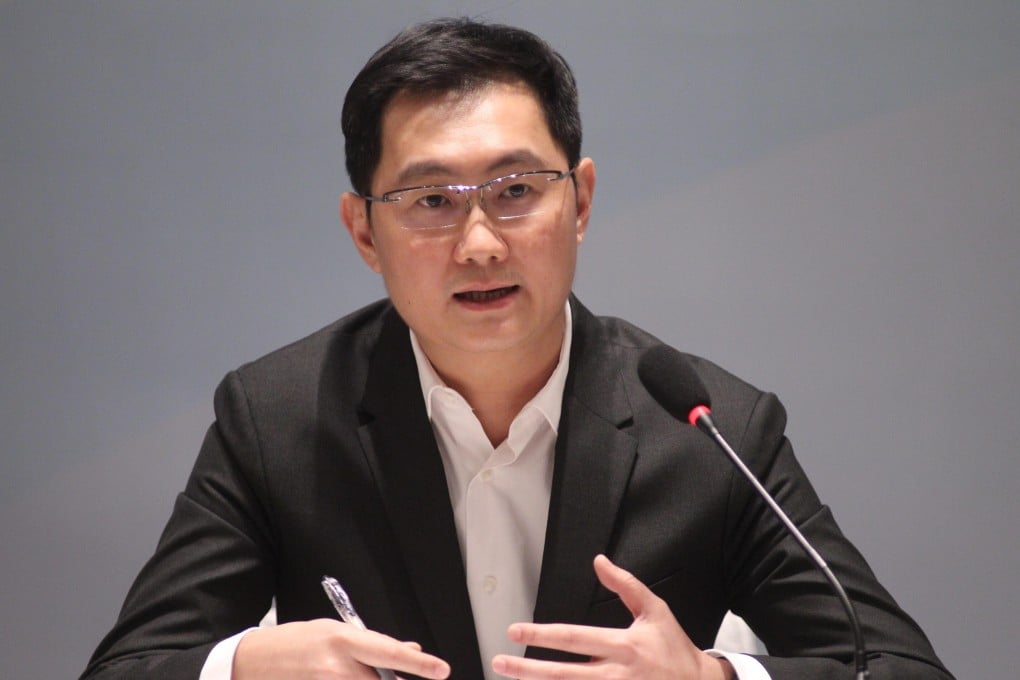China’s ‘two sessions’: Tencent boss Pony Ma makes his mark in key Beijing political gala with new proposals
- The Tencent founder and CEO calls for more scrutiny on China’s internet economy
- Ma makes his first public appearance since August 2019 at an NPC debate with other Guangdong delegates

Pony Ma Huateng, founder and CEO of Chinese internet giant Tencent Holdings, has filed a slew of proposals to the National People’s Congress (NPC), giving him a high-profile presence among the nearly 3,000 delegates who are expected to take part in the annual parliamentary gathering this week.
Ma, who has been a delegate since 2013, has called for “strict scrutiny” of peer-to-peer lending, bike-sharing, apartment rentals and community group buying to better protect the security of user funds, according to reports by Chinese official media.
The billionaire founder, who also submitted a few proposals last year but did not attend the key political session in person citing health issues, has also suggested this year that Chinese authorities conduct state-sponsored trials in online education, internet health care, fintech and other industries to shore up China’s lead in digital business models over the US and Europe, according to China National Radio.
Tencent did not answer queries about whether Ma will personally show up in Beijing this year, noting that he submitted the proposals in a personal capacity rather than on behalf of the company.
The annual full session of the NPC will officially start on Friday, when delegates are expected to sit in the capital’s Great Hall of the People to listen to Premier Li Keqiang deliver the government’s work report. The Chinese People’s Political Consultative Conference (CPPCC), the country’s top political advisory session, began on Thursday. The twin meetings are informally dubbed the “two sessions”.
On Thursday evening, the Nanfang Daily published a report showing pictures and a video of Ma attending a debate with other NPC delegates from Guangdong. This marks the first time Ma has made a public appearance since August 2019.